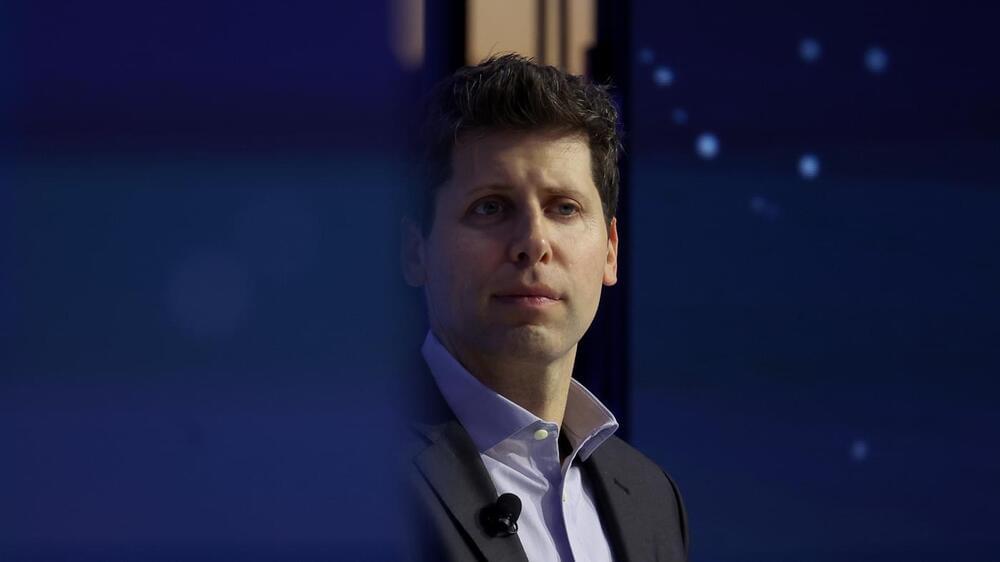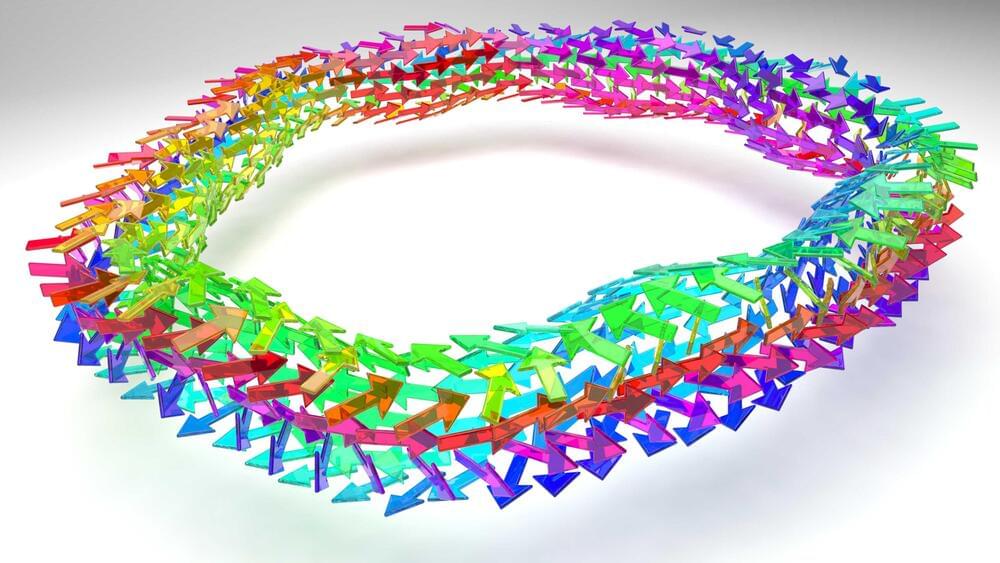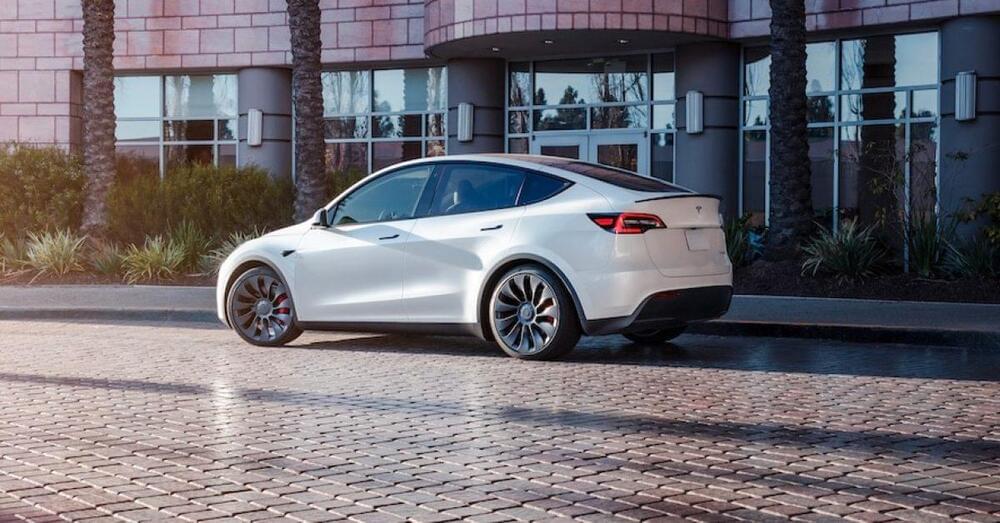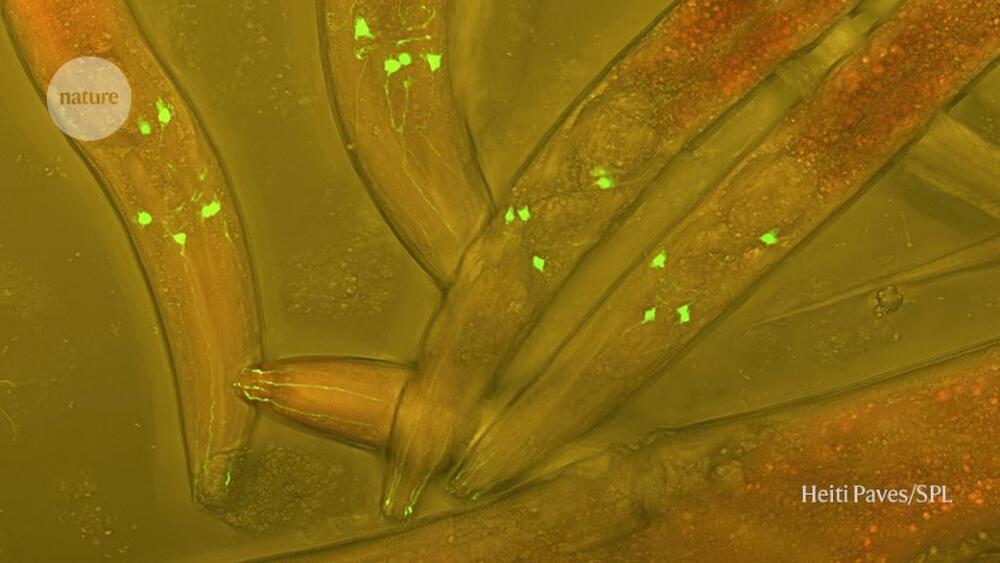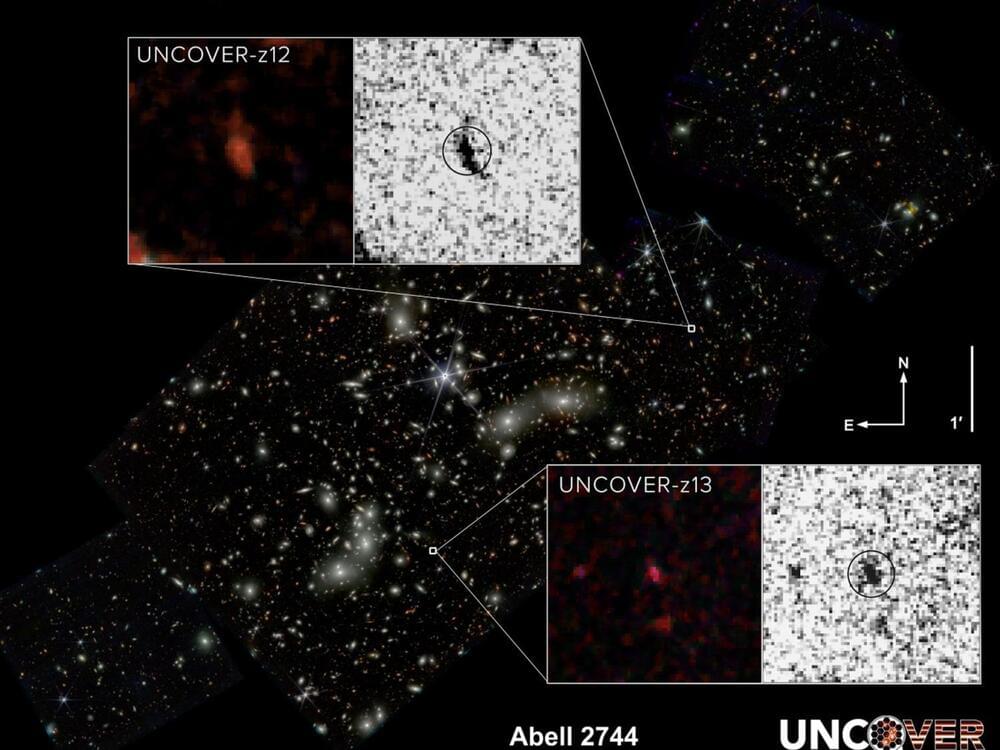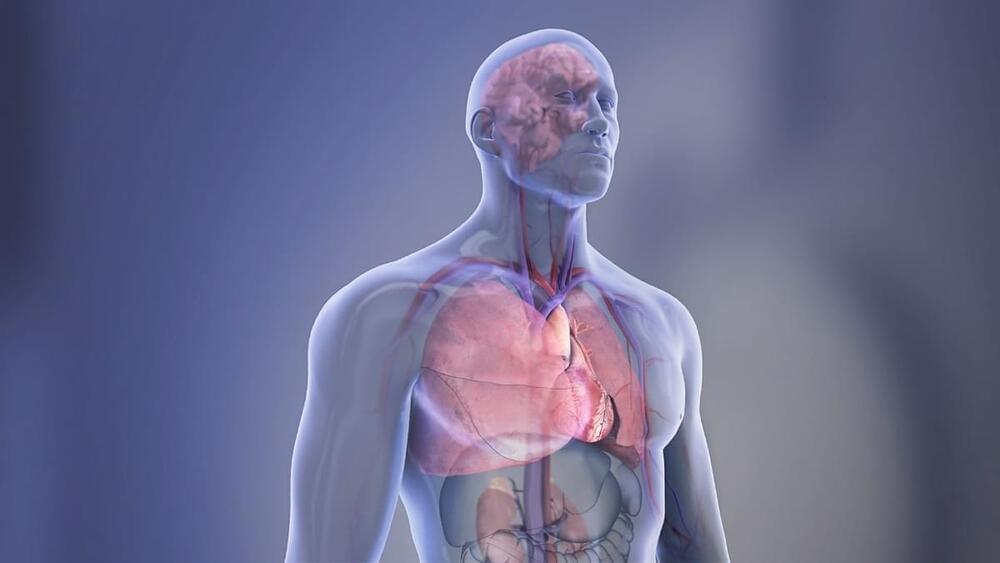
While currently available PCSK9 inhibitor medications to lower cholesterol must be administered every few weeks by injection, a new, investigational PCSK9 inhibitor called recaticimab safely lowered bad cholesterol more than 50% when injected every 1–3 months, depending on dose.
A new PCSK9 inhibitor (recaticimab) injected every one to three months may work safely and provide more flexible dosing to lower cholesterol, according to late-breaking science presented today at the American Heart Association’s Scientific Sessions 2023. The meeting, Nov. 11–13, in Philadelphia, is a premier global exchange of the latest scientific advancements, research and evidence-based clinical practice updates in cardiovascular science.
“Previous studies found that 30% to 40% of people discontinued their current PCSK9 therapies, given every two to four weeks, during or after six months of beginning treatment. More flexible dosing with recaticimab, given up to every 12 weeks, might increase the proportion of people with high levels of bad cholesterol to stick with their recommended treatment to lower bad cholesterol levels and reduce risk of heart disease,” said lead study author Xin Du, Ph.D., a professor of cardiology at Beijing Anzhen Hospital and the Capital Medical University in Beijing, China.
